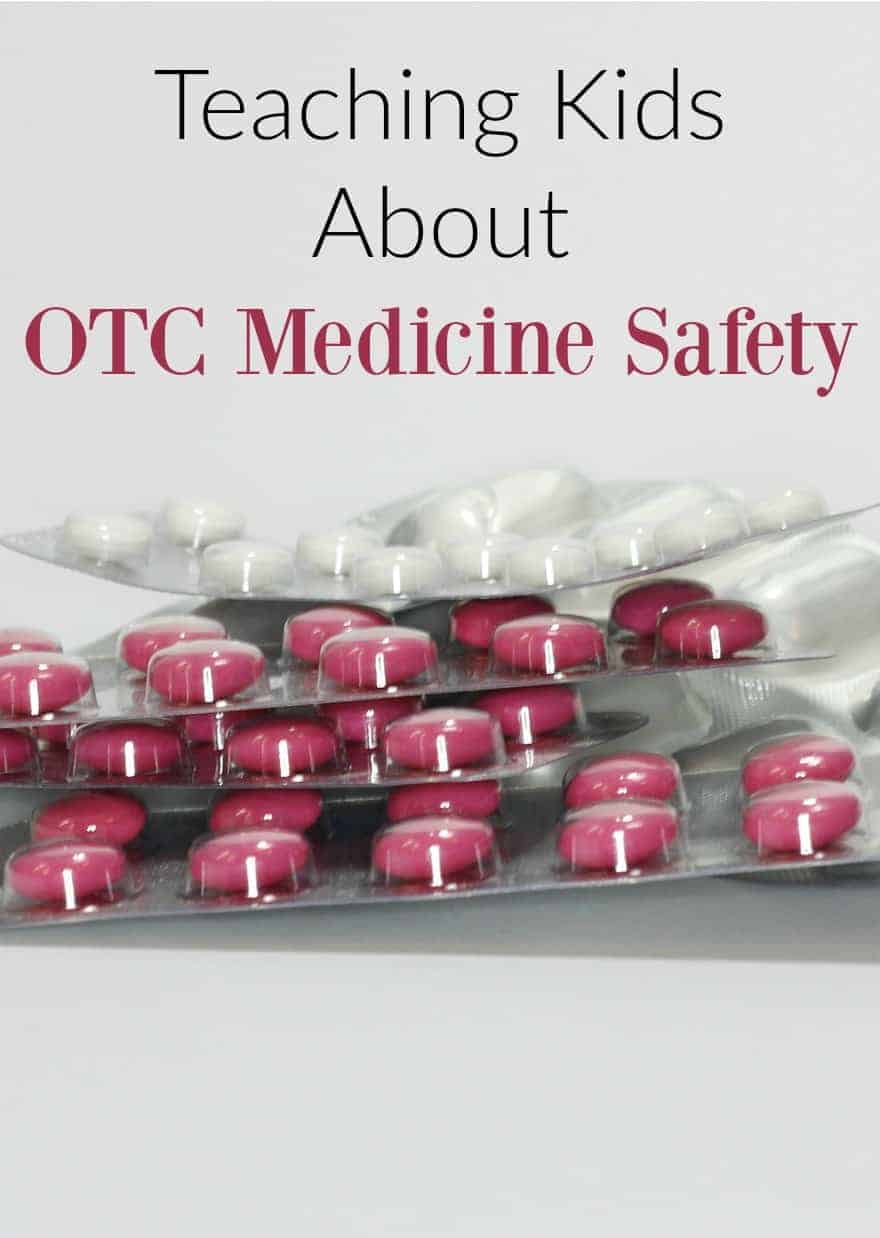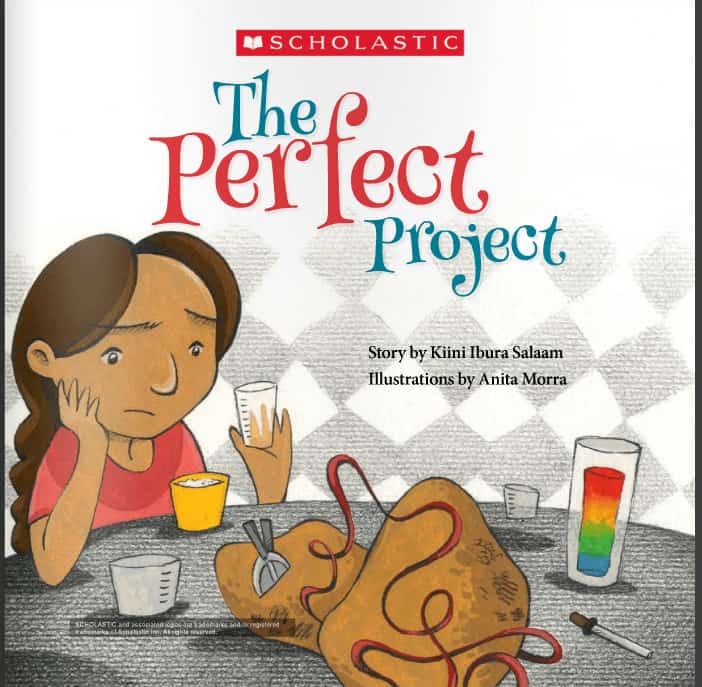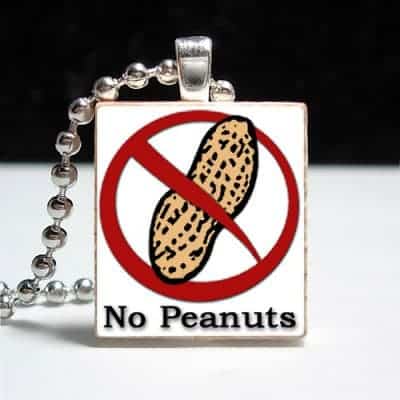This is a post sponsored by McNeil Consumer Healthcare. All opinions and text are mine.
In a time where we’re bombarded with news stories about the misuses of prescription drugs, deadly new designer drugs and drugs that don’t even sound like drugs, it’s really easy to forget that Over the Counter (OTC) medicines can also be harmful when used improperly. Most of us really don’t talk to our kids about proper use of pain reliever or cough medicine the way we do about street drugs.
Did you know that more than 60,000 young kids end up in emergency rooms each year because they got into medicines while their caregivers weren’t looking? Or that in 2013, of the 250,000+ exposure cases that poison centers managed in children ages 6-19, over half involved medication errors and misuse. Most kids just don’t think of OTC medicines as being dangerous. Kids assume that since you can buy these medicines on the shelf in a grocery store, they must be safe! At 10, my son still comes to me if he needs medicine for a headache or his allergies. I’ve never thought about explaining to him the right way to use OTC medicine. I just assume he’ll always ask me first. While I have said to him “it’s too early for another dose, you can only have this every six hours” or “this is a once-a-day medicine,” that’s been the extent of our conversations. It’s time for a better conversation.
How to Talk to Your Kids About OTC Medicine Safety
McNeil Consumer Healthcare, Scholastic and the American Association of Poison Control Centers all joined forces to make it easier for you and me to educate our kids about the proper use of OTC medication. The trio worked together to put out a series of educational materials, videos, fact sheets and more. They even have a free e-book for kids called The Perfect Project that delivers information in a fun and accessible way to children.
Other resources include:
- Online activities, like a Hidden Home Hazards hunt
- Family resource sheets in six different languages
- Certificate of Participation
- Family Action Plan
I learned that kids are starting to self-medicate as early as age 11. Wow. I guess I really do need to have that conversation with Jake right now! So how do I go about this conversation? What key messages do I need to drive home? First, I want him to continue coming to me for his medications as long as possible. I also know that at some point, he’s going to be old enough to take his own medication, so I have to set ground rules now. A few things we’ll need to discuss include:
- Using the right medications for the right symptoms: When I give Jake meds, I don’t give him fever reducers or pain relievers if he just has a stuffy nose from allergies. I also don’t give him an all-in-one cold medicine for just a headache. I want him to follow the same rule when he’s old enough to self-medicate.
- Following dosing instructions: Those instructions aren’t a suggestion, they’re a rule.
- Never use OTC medications for purposes other than those listed on the bottle. Pretty simple, right? Sadly, some kids use OTC medications in large doses for recreational purposes. I’ve seen it, and seen the consequences.
- Use the dosing device that comes with the medicine. Don’t use a baking measuring spoon or household spoons because it may not be precise enough.
- Store medicines properly. Keep them up and away, out of sight of little children.
- If you feel funny, call for help. Even when used correctly, OTC meds can cause allergic reactions, interactions with other medications and unexpected side effects. It’s important to teach kids who to call if they feel off after taking a medication, whether it’s you, poison control at 1(800)222-1222, or 911.
Finally, bottom-line it for them. Tell them that until you say they are old enough, just take their medications with an adult’s supervision. My 16-year-old sort-of-step-daughter still goes to an adult when she needs allergy medicine or has a headache. Talk to your kids now about the proper and safe use of OTC medicine now, before they start self-medicating. Don’t forget to check out all the great free resources to guide you! Be sure to show them the free e-book, it really is quite helpful!
SOURCES, STATS: 1Partnership for a Drug-Free America. The Partnership Attitude Tracking Study (PATS). Teens in grades 7 through 12, 2005. 2Bronstein AC, Spyker DA, Cantilena LR Jr, Rumack BH, Dart RC. 2011 Annual report of the American Association of Poison Control Centers’ National Poison Data System (NPDS): 29th Annual Report. 3,4American Association of Poison Control Centers. 5Up and Away and Out of Sight.
This is a post sponsored by McNeil Consumer Healthcare. All opinions and text are mine.




My kids are pretty good about asking when they need medicine. I don’t think they would ever take OTC medicine by themselves. They know it is dangerous.
This a such an important topic for families. We keep all of our medicines out of reach from children and are very cautious about medicine. It is important that kids understand the boundaries of medication.
Thank you for raising awareness to this concern. A lot of parents would benefit from this post. In our house, we keep medicines out of reach of children and educate them about over the counter medicines that could do them more harm than good.
My daughter is at the age where I need to start teaching her this stuff! Thanks!
I don’t have kids yet, so I’ve never really thought about teaching them about OTC drugs! Thanks for bringing this to my attention!
I taught my kids from a very young age that they don’t touch the medicine. It is an adult job but that we follow dosage and labeling. But I do keep it well out of reach of my kids anyway.